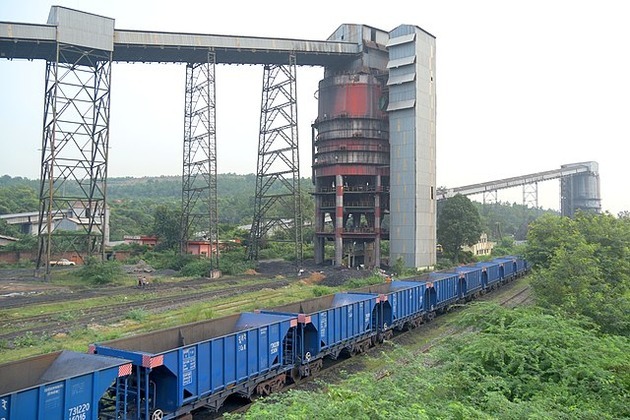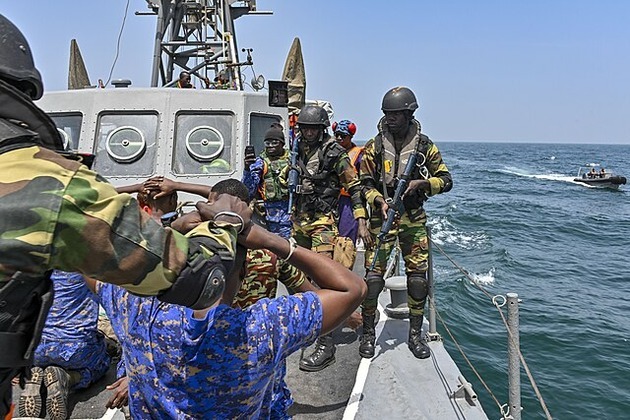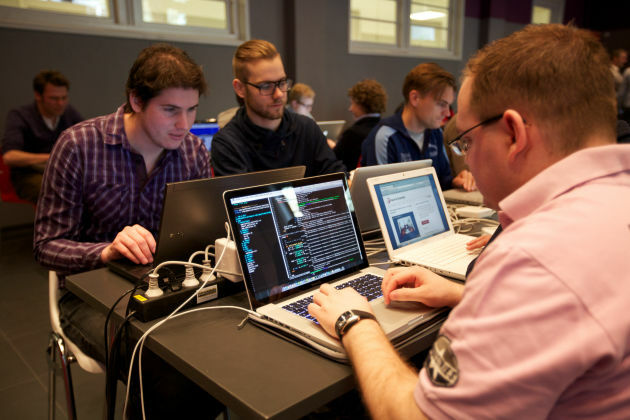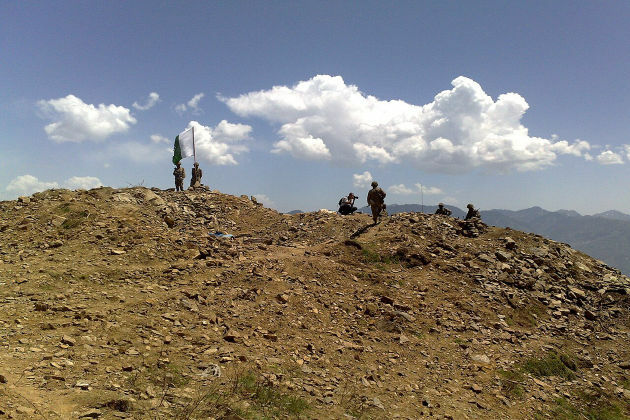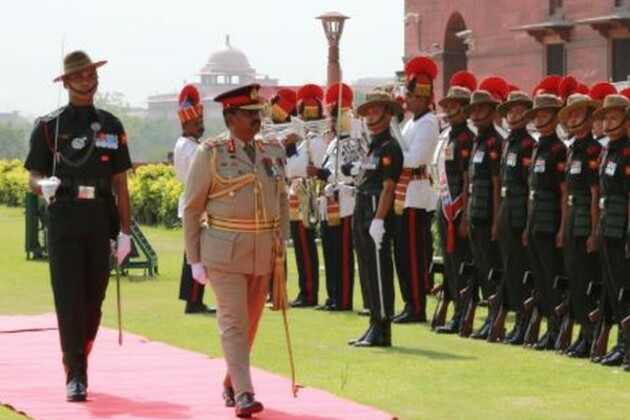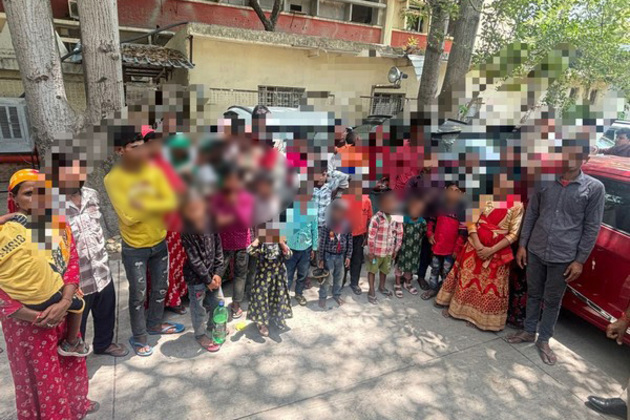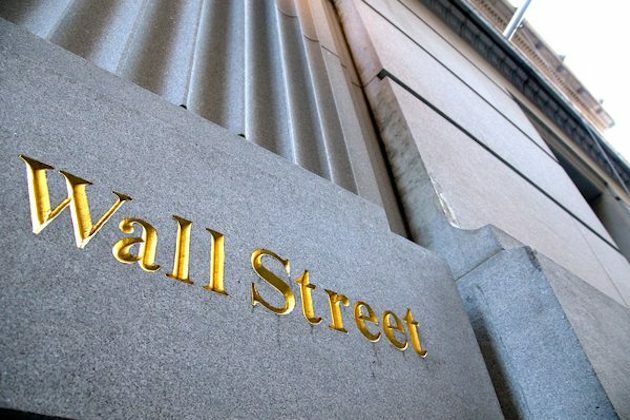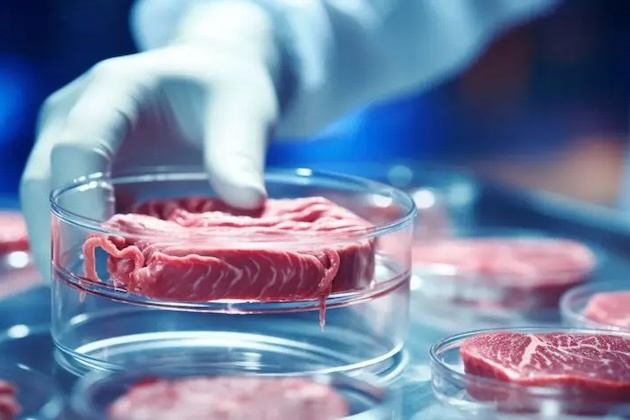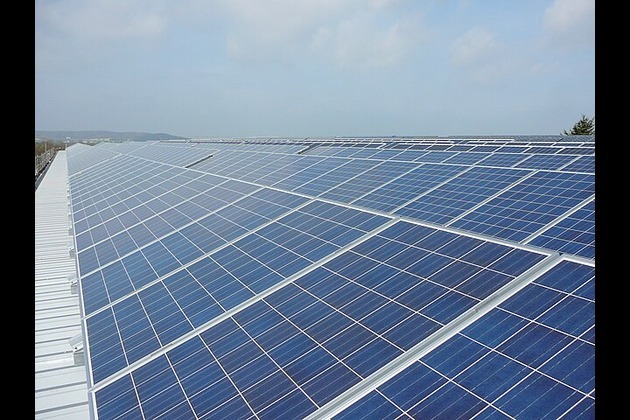Kazakhstan outlines plan to shelter economy from COVID-19
Eurasianet
19 Mar 2020, 00:19 GMT+10
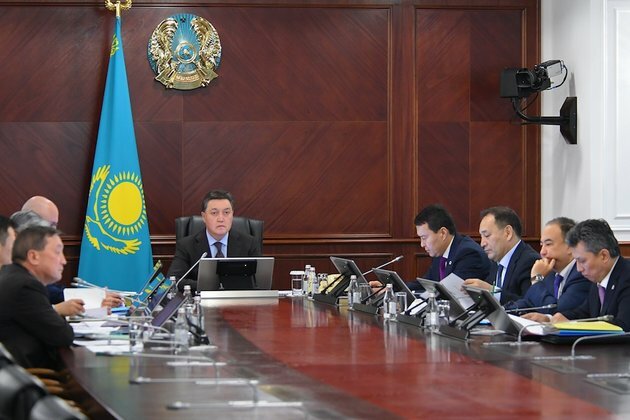
Kazakhstan's government has unveiled a response package to limit the impact of the coronavirus crisis on the economy as it imposes sweeping restrictions on movement in line with advice from international health experts.
As of midnight on March 19, Kazakhstan's two largest cities, Almaty and Nur-Sultan, will be placed on lockdown.
Flights and train travel outside the cities have been suspended and restrictions will be in place for anybody seeking to enter or exit. People will still be allowed to leave home, although shopping centers, cinemas and sporting facilities will be closed. Restaurants are only to be allowed to carry out home deliveries.
To make matters worse, prices for Kazakhstan's most important export commodity, oil, cratered again on March 18, sinking to below $26 per barrel
Kazakhstan's anti-crisis package, which was outlined on March 17, is targeted at easing the pain for the private sector by providing cheaper credit, tax incentives, cutting back on audits and promoting employment.
Major retail outlets, cinemas, theaters, sports facilities and other businesses being forced to curtail activities over the coronavirus scare will be exempted from paying property taxes for one year and interest on loans for one financial quarter.
The reserve of state-issued credit for the output of staple goods, which is already being disbursed under existing government programs, is being upped from 600 billion tenge ($1.5 billion) to 1 trillion tenge. Interest on that credit is being lowered from the current range of 13-15 percent to 6 percent.
Value-added taxes are to be scrapped for business importing agrarian goods, such large cattle and breeding chickens. Around 7,000 producers of agricultural goods are to be exempted from land tax payments.
Banks will be required to allow businesses and entrepreneurs experiencing liquidity problems to defer repayment on loans until after June 15.
The government has also said it is setting aside 300 billion tenge ($750 billion) for infrastructure spending to provide 120,000 jobs, exclusively for nationals of Kazakhstan. It provided no timeframe.
President Kassym-Jomart Tokayev has again instructed his government to deal firmly in avoiding artificial price rises for staple goods, which have become the object of bulk-buying in recent days. On March 18, the government announced that it has begun taking steps to ensure the duty-free import of what is has dubbed "socially important food products," such as meat, vegetables, cereals and dairy products.
On this last point, there are some skeptics. Margulan Seisembayev, a businessman and former banker, wrote on his Telegram channel that the attempt to control prices in a situation where the national currency is experiencing sharp turbulence is an overly Soviet-style approach. He was likewise critical of attempts to intervene in the labor market by preventing mass layoffs, describing it as a measure that could drive companies out of business.
"Is there anybody in the government who has any understanding of how the private sector works?" he wrote.
Uzbekistan has borrowed a leaf from Kazakhstan's book in offering the prospect of a salve for the private sector, although the details of its anti-crisis strategy are more vague.
President Shavkat Mirziyoyev said at a government meeting on March 18 that a special government working group is adopting measures to grant tax holidays to companies working in tourism, transportation, pharmaceuticals and light industry. He said debtors should have the terms of their loan repayment reviewed and that fines for overdue debt should be waived.
Plans to support industry and large enterprises experiencing difficult were likewise floated, but the details have yet to be worked out.
 Share
Share
 Tweet
Tweet
 Share
Share
 Flip
Flip
 Email
Email
Watch latest videos
Subscribe and Follow
Get a daily dose of Malaysia Sun news through our daily email, its complimentary and keeps you fully up to date with world and business news as well.
News RELEASES
Publish news of your business, community or sports group, personnel appointments, major event and more by submitting a news release to Malaysia Sun.
More InformationSoutheast Asia
SectionCoal vs. water: India’s energy push fuels local shortages
CHANDRAPUR/SOLAPUR (India): As India doubles down on coal to fuel its growing energy needs, an invisible crisis is surfacing: the country...
Human traffickers exploit new deadly route from Africa to Europe
DERA BAJWA, Pakistan: Amir Ali, a 21-year-old man from Pakistan, dreamed of going to Europe for a better life. He was promised a visa...
China offers secret bounty for suspected Taiwan-linked hackers
BEIJING, China: The public security bureau in Guangzhou, a city in China, has announced a secret reward for more than 20 people it...
Security forces clash with insurgents in North Waziristan
ISLAMABAD, Pakistan: Pakistan's army said on June 4 that its security forces raided a militant hideout and killed 14 insurgents during...
Lt General BKGM Lasantha Rodrigo, Commander of Sri Lanka Army reaches India
New Delhi [India], June 12 (ANI): Lieutenant General BKGM Lasantha Rodrigo, Commander of the Sri Lankan Army, is officially visiting...
Delhi Police deports 134 illegal Bangladeshi nationals through multiple drives
New Delhi [India], June 11 (ANI): The South District Police of Delhi have deported a total of 134 Bangladeshi nationals, including...
Business
SectionWall Street steadies Wednesday, indices end modestly lower or unchanged
NEW YORK, New York - U.S. stocks closed modestly lower Wednesday despite a tentative trade agreement between the United States and...
Reimagining Protein: Innovations That Could Prevent the Next Pandemic
Throughout human history, zoonotic diseases, illnesses that jump from animals to humans, have shaped civilizations, triggered pandemics,...
Clean energy faces hurdles as US solar forecast dips by 2030
WASHINGTON, D.C.: A boom in U.S. solar energy installations may be running out of steam as shifting federal priorities, new tariffs,...
Oil prices flat amid trade talks and rising OPEC+ output
NEW YORK CITY, New York: Oil prices remained steady on June 9 as investors looked ahead to the outcome of the U.S.-China trade talks...
Coal vs. water: India’s energy push fuels local shortages
CHANDRAPUR/SOLAPUR (India): As India doubles down on coal to fuel its growing energy needs, an invisible crisis is surfacing: the country...
Nasdaq Composite climbs 124 points on China-U.S. trade talks optimism
NEW YORK, New York - U.S. stock markets rose Tuesday as investors and traders anticipated a positive outcome from ongoing trade talks...

